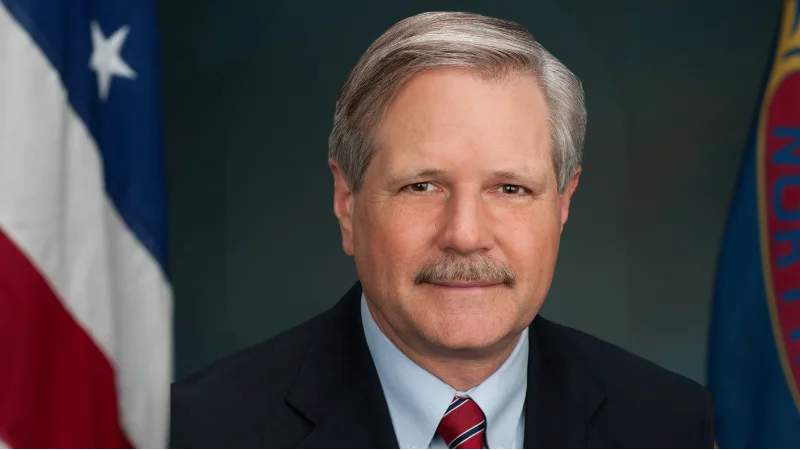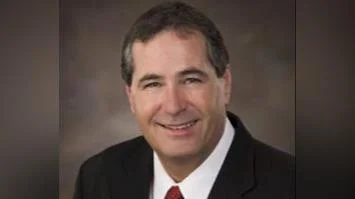Senator John Hoeven, U.S. Senator of North Dakota | Senator John Hoeven Official website
Senator John Hoeven, U.S. Senator of North Dakota | Senator John Hoeven Official website
During a Senate Energy and Natural Resources Committee hearing, Senator John Hoeven addressed the importance of expanding reliable baseload power and protecting private property rights. He raised these issues with Federal Energy Regulatory Commission (FERC) nominees Laura Swett and David LaCerte, after meeting with them earlier in the week.
Hoeven questioned the nominees about how to meet rising electricity demand and emphasized the role of coal-fired baseload generation for grid operators such as MISO and SPP, which are important in North Dakota and neighboring states. He secured commitments from both Swett and LaCerte to support market structures that properly value baseload power. Hoeven also highlighted the need for robust transmission and pipeline infrastructure, while urging respect for state authority and landowner rights during permitting decisions.
“Maintaining affordable, reliable energy is vital for the well-being of our communities and the strength of our economy,” said Hoeven. “We need policies that support a diverse mix of energy resources to ensure grid stability and resilience, while also respecting the rights of states and private landowners.”
The hearing also focused on legislative efforts led by Hoeven, including his introduction of the GRID Power Act alongside Senator Todd Young (R-IN) and Rep. Troy Balderson (R-OH). The bill aims to accelerate new baseload power projects and enhance grid reliability by allowing regional grid operators to prioritize these projects when seeking interconnection agreements. It addresses long wait times—sometimes up to five years—for interconnection approvals that can slow critical project development. Under this legislation, FERC would be required to begin rulemaking within 90 days after enactment, finalize rules within 180 days, and act on prioritized baseload projects within 60 days.






 Alerts Sign-up
Alerts Sign-up